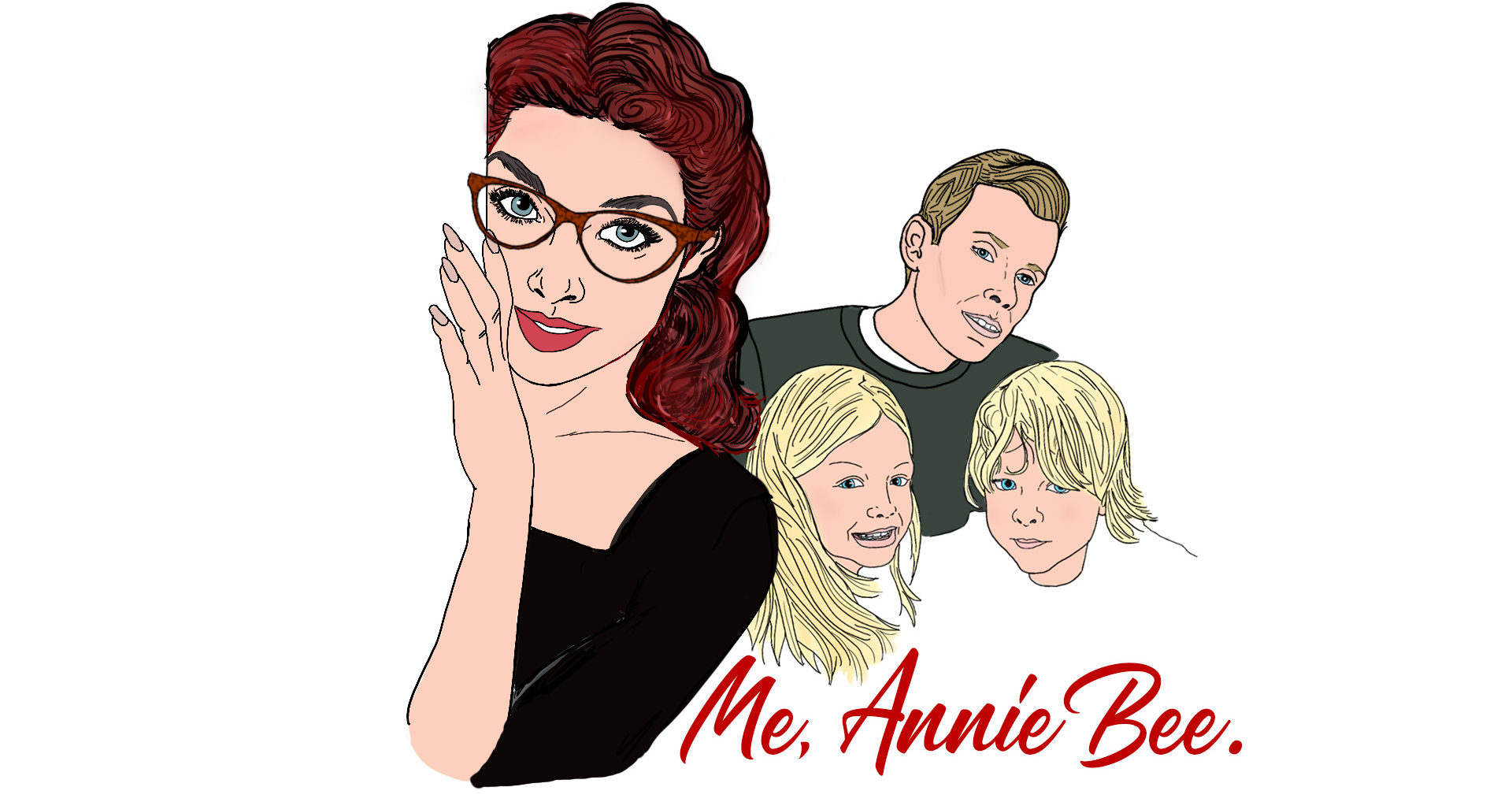
Love Stories That Started in Unexpected Places
By exploring stories and data, it becomes evident that love can flourish under a variety of circumstances, from the stacks of a local library to social media platforms. Despite the evolving modalities of interaction, the fundamental desire for connection and partnership remains unchanged.
Library Encounters and the Changing Nature of Literature
Recent data indicates a continued engagement with traditional reading spaces among younger generations, specifically Gen Z and millennials. In 2022, 54% of this demographic visited their local library, maintaining a connection to these community hubs despite the increasing prevalence of digital platforms. Interestingly, 59% of the same group exhibited a preference for graphic novels or manga over traditional text-only books, underscoring a shift toward visual media. Libraries are not merely about book lending; 23% of young adults who don’t regularly read books still visited libraries last year, suggesting these spaces fulfil broader social roles.
The participation of Black Gen Zers and millennials in library visits was notably higher at 64%, surpassing the general population by 10 percentage points. This statistic highlights a specific community’s stronger engagement with physical literary spaces. Moreover, the reading habits of Gen Z and millennials show an average consumption of two print books per month, which is double the rate for electronic books or audiobooks.
Unconventional Beginnings to Lasting Relationships
In examining unconventional meeting spots that have led to meaningful relationships, the story of Philip and Susan McClinton stands out. Both biologists by profession, their initial encounter was in a setting far removed from their scientific interests—a topless bar. This unlikely meeting place set the stage for a connection that deepened through their shared passion for wildlife, eventually leading them to a life together near Yellowstone National Park.
In some instances, women like Clara Williams Gettier would have sugar daddies until she fell in love with one. She joined a dating platform emphasizing that type of relationship. Initially sceptical and grappling with concerns about using the site, she soon connected with “Jay,” a 30-year-old architect. Their relationship evolved rapidly from casual chats to intimate dates, where Jay’s caring demeanour and thoughtful gestures appealed to her desire for affection and guidance.
Another notable story is that of Kristen Grigsby, who was led to her partner through a dream about a man she had seen just once. This unusual start triggered a series of events that eventually brought them together in a meaningful relationship.
Digital Connections and Emotional Bonds
The role of technology in forming relationships cannot be understated, as seen in the early days of computer dating. John and Carol Matlock’s story is a testament to the effectiveness of early matchmaking systems, which paired them successfully in the 1960s. These digital beginnings are mirrored by modern statistics showing that nearly one-third of marriages started online between 2005 and 2012, according to a University of Chicago study.
Beyond romantic relationships, the formation of various social bonds is necessary for survival, including pair bonds and peer bonds. Research indicates that falling in love can trigger immune system responses similar to those experienced during viral infections. A 2021 study further suggested that pair-bonded mice are less likely to develop tumours compared to their solitary counterparts, emphasizing the health benefits of close emotional connections.
Emotional regulation strategies such as situation selection, distraction, expression suppression, and cognitive reappraisal also play important roles in how individuals manage and experience love. These psychological mechanisms are essential in navigating the complex emotions associated with romantic relationships, whether they start in traditional or unexpected places.
Share the love.
Related
You May Also Like

Upgrade Your Home’s Aesthetic with These Simple Changes
November 14, 2024
Common Problems That Affect Your Sleep (And How To Overcome Them)
November 29, 2021



